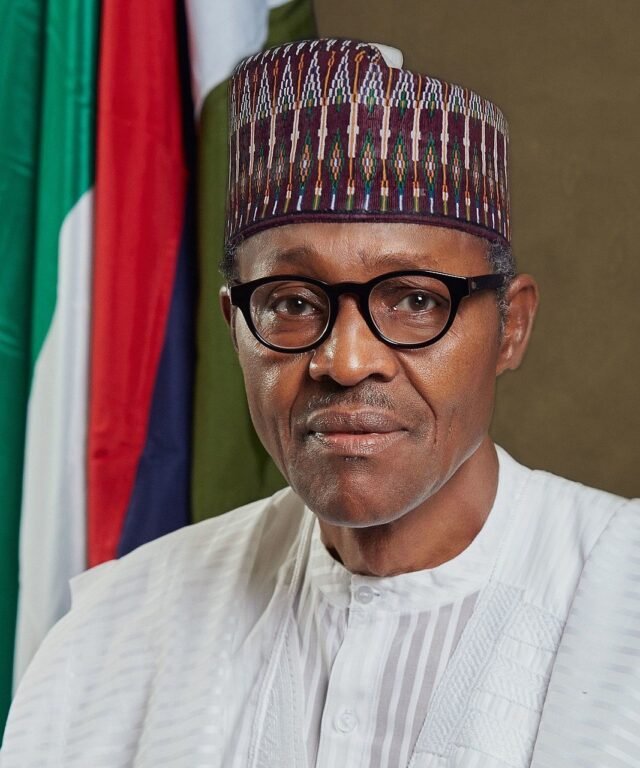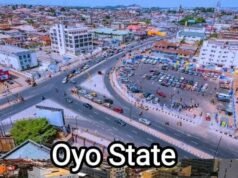Key Policies That Shaped Nigeria’s Tech Industry During Buhari’s Eight-Year Presidency
As the late former President Muhammadu Buhari is laid to rest today, tributes are pouring in from around the globe to express condolences to Nigeria.
Even in this time of mourning, many Nigerians reflect on Buhari’s eight-year presidency, which concluded two years ago. His administration undoubtedly made significant contributions to Nigeria’s tech industry.
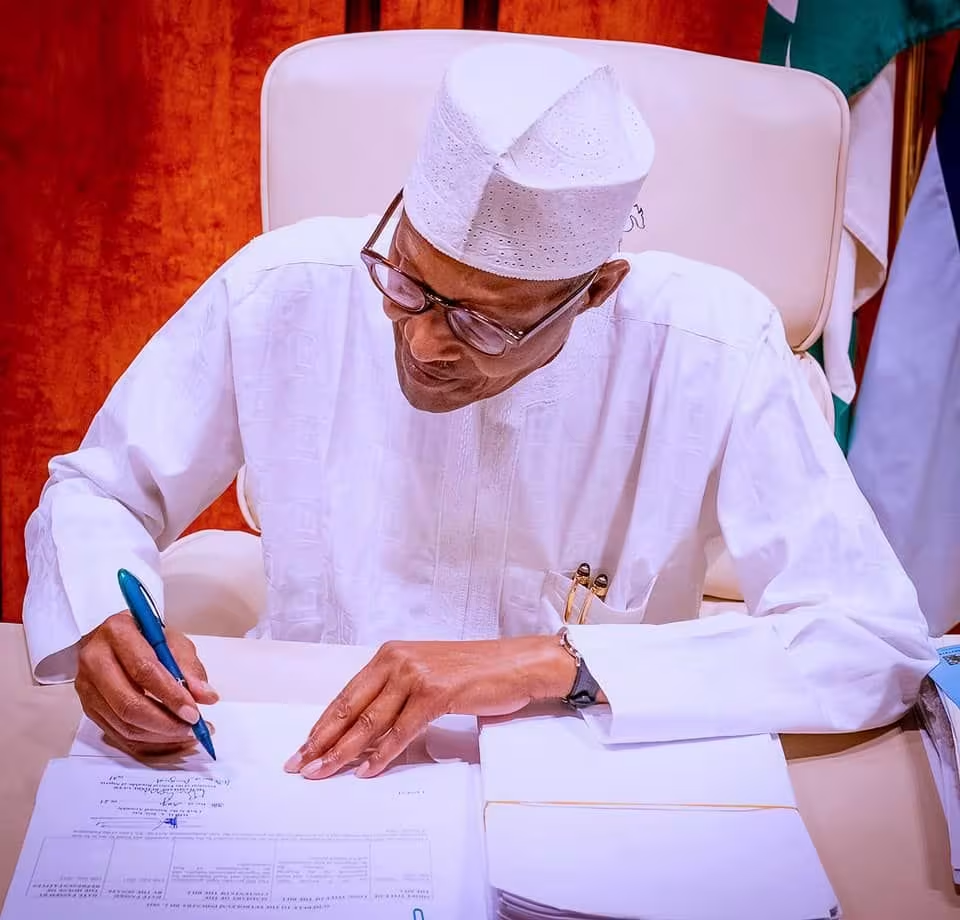
However, Buhari’s tech policy agenda was a mixed bag. He promoted ambitious initiatives such as the eNaira, the rollout of 4G and 5G networks, and the Nigeria Startup Act, while also facing criticism for regulatory crackdowns, including bans on Twitter and cryptocurrency.
Regardless of the mixed outcomes, Buhari’s administration left a lasting impact on Nigeria. Here, we examine the key policies that influenced the tech industry during his tenure from 2015 to 2023.
National Digital Ambition: Broadband, Data, & Digital Economy
Buhari’s government introduced the National Digital Economy Policy & Strategy (NDEPS) for 2020–2030 and the National Broadband Plan for 2020–2025. The goal was to achieve 70% broadband penetration, providing 25 Mbps in urban areas and 10 Mbps in rural regions.
As a result of this initiative, mobile broadband coverage increased from 6% in 2015 to approximately 46% by 2023, aided by the expansion of 4G and Nigeria’s pioneering rollout of 5G across six cities. However, despite the Broadband Plan’s target of 70% penetration by the end of this year, only 48.81% had been achieved as of May 2025, indicating that the goal may not be met.
Twitter Ban
While promoting policies to enhance the digital economy, Buhari’s administration indefinitely suspended Twitter in June 2021 after the platform removed a tweet referencing the civil war. The ban lasted for seven months, forcing many Nigerians to use VPNs to access the platform. This blackout severely impacted small and medium-sized enterprises (SMEs), digital creators, and political discussions. Even after ECOWAS deemed the ban illegal, it damaged social and investor confidence.
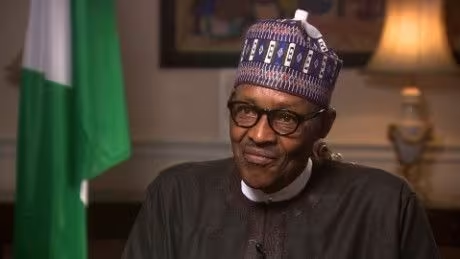
According to the Lagos Chamber of Commerce and Industry (LCCI), the Twitter shutdown cost the Nigerian economy $26.1 billion, as businesses lost online revenue and potential sales to large audiences.
Cryptocurrency Ban
In February 2021, the Central Bank of Nigeria (CBN) prohibited banks from facilitating cryptocurrency transactions and ordered the closure of accounts linked to digital assets. Instead of reducing cryptocurrency usage, the ban pushed trading onto peer-to-peer networks. Between July 2023 and June 2024, Nigeria handled $59 billion in cryptocurrency transactions—nearly half of Sub-Saharan Africa’s total.
The ban was lifted in December 2023, highlighting how overly strict regulations can drive users to informal alternatives.
NIN-SIM Linkage
In December 2020, the Nigerian Communications Commission (NCC) mandated that SIM cards be linked to National Identity Numbers (NINs) to combat rising insecurity. After several deadline extensions, the exercise concluded in September 2024, resulting in the disconnection of over 60 million lines. By the end of September 2024, active subscriptions across major networks had dropped to 154.6 million from 219.6 million in March of the same year.
While some stakeholders praised the policy for its potential to enhance security, many expressed disappointment that the security situation had not improved, despite the NCC’s claim that all phones were now linked to their owners’ NINs.
Nigeria Becomes the First in Africa to Launch CBDC with eNaira
In October 2021, Nigeria launched the eNaira, the first Central Bank Digital Currency (CBDC) in Africa. The eNaira was introduced by President Buhari on October 25, with the aim of increasing remittances, promoting cross-border trade, enhancing financial inclusion, and facilitating government welfare payments.
While it aimed to modernize payments and counter cryptocurrency, issues such as poor app performance, reluctance from merchants, and limited adoption have hindered its success. The eNaira remains a pioneering yet underutilized initiative.
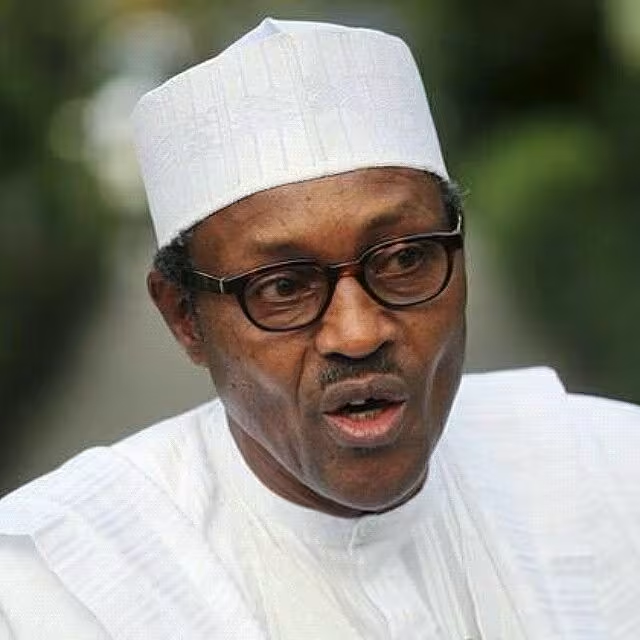
Nigeria Startup Act
In October 2022, Buhari signed the Nigeria Startup Act, which provides tax incentives, credit schemes, and regulatory clarity for early-stage tech companies. The Act aims to create a legal and institutional framework to foster growth, generate jobs, and attract investment. Key components include the establishment of the National Council for Digital Innovation and Entrepreneurship, the issuance of Startup Labels, and the development of Technology Development Zones.
Since the Act was signed at the end of Buhari’s presidency, its implementation began only after Bola Tinubu took office. The National Information Technology Development Agency (NITDA) is currently working on labeling startups as part of this process.
Indigenous-First Procurement and Data Governance
One notable achievement of Buhari’s administration was the issuance of Executive Order 5 in 2018, which required government agencies to prioritize Nigerian tech vendors, significantly benefiting local content developers. Additionally, the administration launched the National Data Policy, the Policy on Government Second-Level Domains, and established organizations like the National Data Protection Bureau and the National Centre for AI & Robotics, signaling a commitment to data sovereignty and cyber readiness.
Conclusion
Buhari’s presidency left Nigeria’s digital economy with a complex legacy of ambitious visions tempered by restrictive measures. His successor, President Tinubu, inherits both the infrastructure and the policy framework, with the chance to learn from past mistakes.
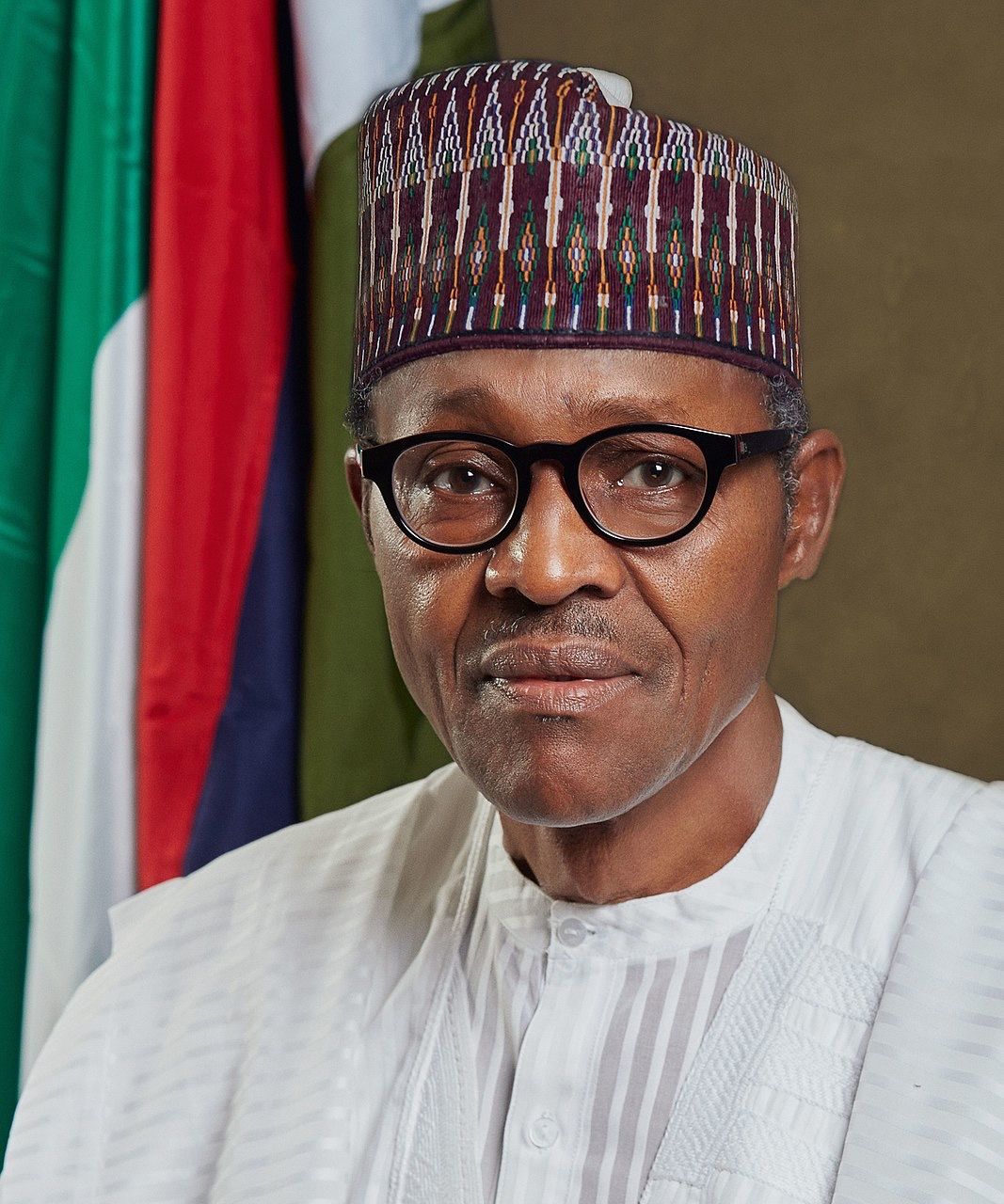
By providing better support for innovation, implementing balanced regulations, adopting competitive foreign exchange policies, and ensuring more inclusive rollouts, Nigeria can accelerate its tech transformation and build on Buhari’s foundational work for sustainable growth.
Join our WhatsApp community
Join Our Social Media Channels:
WhatsApp: NaijaEyes
Facebook: NaijaEyes
Twitter: NaijaEyes
Instagram: NaijaEyes
TikTok: NaijaEyes


